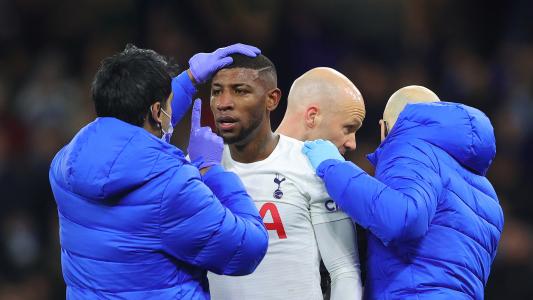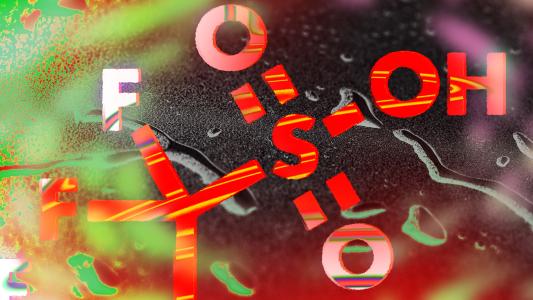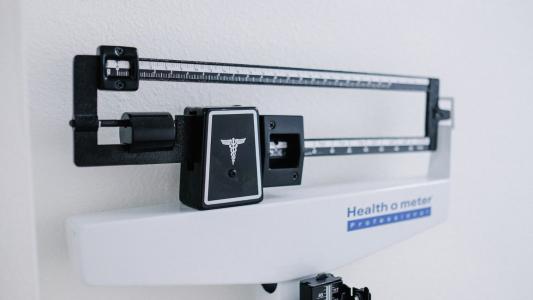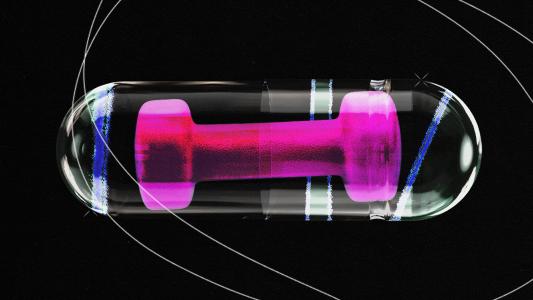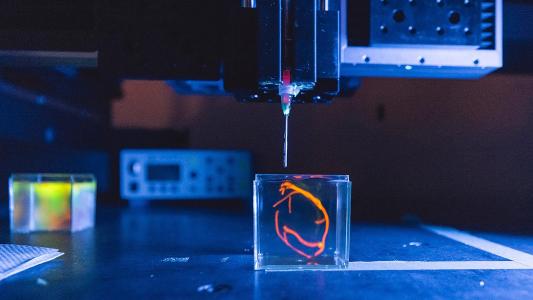Healthcare
Human brains have a remarkable ability to rewire themselves following injury
Every brain injury is unique, as is every person’s path to recovery. A concussion specialist explains the science behind rehabilitation and recovery.
New ultrasonic technique can destroy toxic “forever chemicals”
We can now use an ultrasonic jackhammer to break apart chemicals
Capsaicin: Could the compound that gives chili peppers their heat treat diabetes and obesity?
Capsaicin, the compound that gives peppers their burn, could help with diabetes and obesity, but only at an uncomfortably high dose.
Cardio improves cognitive function & mental health. Here’s the best way to do it at home.
While many people do cardio exercise to keep physically fit, research shows cardio also improves cognitive function and mental health.
What BMI can’t tell us about our health
Body mass index (BMI) continues to be the go-to tool for medical doctors and population researchers despite saying little about our health.
New weight loss drug acts like an “exercise pill”
A new candidate weight loss drug called SLU-PP-332 was found to boost muscular and aerobic endurance in mice.
“The twin boom”: why twinning is on the rise
Since the 1970s, the rate that twins are born has doubled in most developed countries. What caused this and is it going to change soon?
Exercise scientist explains what your daily step goal should be by your weight
Tracking daily step counts can be a useful tool for weight management, but only if you tailor it to your own body weight.
What the science really says about vitamin D deficiency
When is low vitamin D a potential concern? And when might you need to get your levels tested? Here's what the evidence says.
Stanford plans to put a 3D-printed human heart in a pig by 2028
Using 3D bioprinting, scientists are trying to construct perfect replacements for damaged organs, bones, and tissues.
